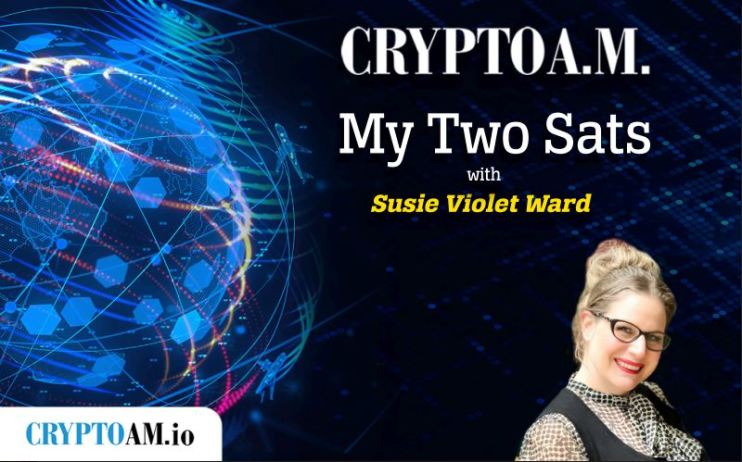Unleashing freedom and investment on the second-generation internet

The internet was once hailed as a frontier of innovation and, most notably, a symbol of ‘freedom.’ However, the rise of big tech companies altered that landscape, often restricting the once-free digital realm.
But innovation persists!
A new protocol named Nostr is emerging with the aim of restoring the freedom once synonymous with the internet. It seeks to turbocharge innovation and opportunity, reinvigorating the spirit of creativity and independence that once defined the online world.
Short for ‘Notes and Other Stuff Transmitted by Relays’, the protocol offers a solution for sharing data while championing decentralisation, privacy, and censorship resistance. Its core strength lies in simplicity and robustness. Unlike traditional social media platforms, Nostr does not rely on any trusted central server, making it resilient and tamper-proof. It operates on cryptographic keys and signatures, ensuring the authenticity and integrity of data.
It also represents the first practical solution to censorship-resistant social media. While not inherently a social networking protocol, it can seamlessly support the creation of social media networks on top of its foundation. Users can subscribe to various relays without being beholden to any single server administrator, expanding its reach to a broader audience.
For me, some key attributes here are found in information sharing and freedom. Firstly, its decentralisation ensures independence from any central authority or corporation, safeguarding against censorship and manipulation. Secondly, it prioritises user privacy by refraining from collecting data for third-party advertisers, eliminating associations with personal details like email addresses or phone numbers.
Instead, it relies on public keys and cryptographic signatures for data authentication, akin to Bitcoin’s approach. Thirdly, there’s a monetisation element for content creators, enabling direct earnings through tips (“zaps”) from their followers.
And, lastly, its open-source nature encourages transparency and collaboration, facilitating continuous development to cater to users’ evolving needs.
Nostr not only promotes the future of information sharing and freedom but also presents intriguing investment opportunities in the second generation of the internet. It’s decentralisation and censorship-resistant nature shield it from the risks faced by traditional platforms.
In contrast, the emergence of WorldCoin has raised eyebrows, with some seeing it as an extreme counterpoint to principles shared by protocols like Nostr. WorldCoin relies on iris biometric data and proposes a Universal Basic Income (UBI) solution through AI-generated profits.
While the idea may sound futuristic, it raises moral questions about the implications of tying such sensitive data to financial benefits. WorldCoin’s association with Sam Altman, the same individual who created AI projects that contributed to the issues it seeks to solve, raises scepticism.
Nostr, conversely, champions user autonomy, financial privacy, and control over personal data without needing biometric identification. The current state of affairs and the looming future would undoubtedly leave George Orwell turning in his grave.
Facebook, Twitter, and other social media platforms are known for trying to monetise users and their content by selling data to the highest paying advertisers. This practice often leads to resentment. However, with this platform, you retain ownership of your content and can enjoy a feed free from advertisers. And, if you wish to monetise your attention, you have that option with Worldcoin.
Nostr allows advertisers to be selected, enabling them to pay you directly for your attention. This creates a unique relationship between brands and customers, giving users control over the ads they want to see. Such an approach could revolutionise the advertising industry, empowering users and reshaping how businesses connect with their audience.
In conclusion, Nostr, like Bitcoin, represents a beacon of hope for the future of information sharing, freedom, and investment in the second-generation internet. Its decentralisation and focus on privacy and data ownership set it apart from traditional platforms. As the world grapples with complex issues like information control and privacy, its simplicity and strength position it as a formidable contender for reshaping the landscape of digital communication and interaction.